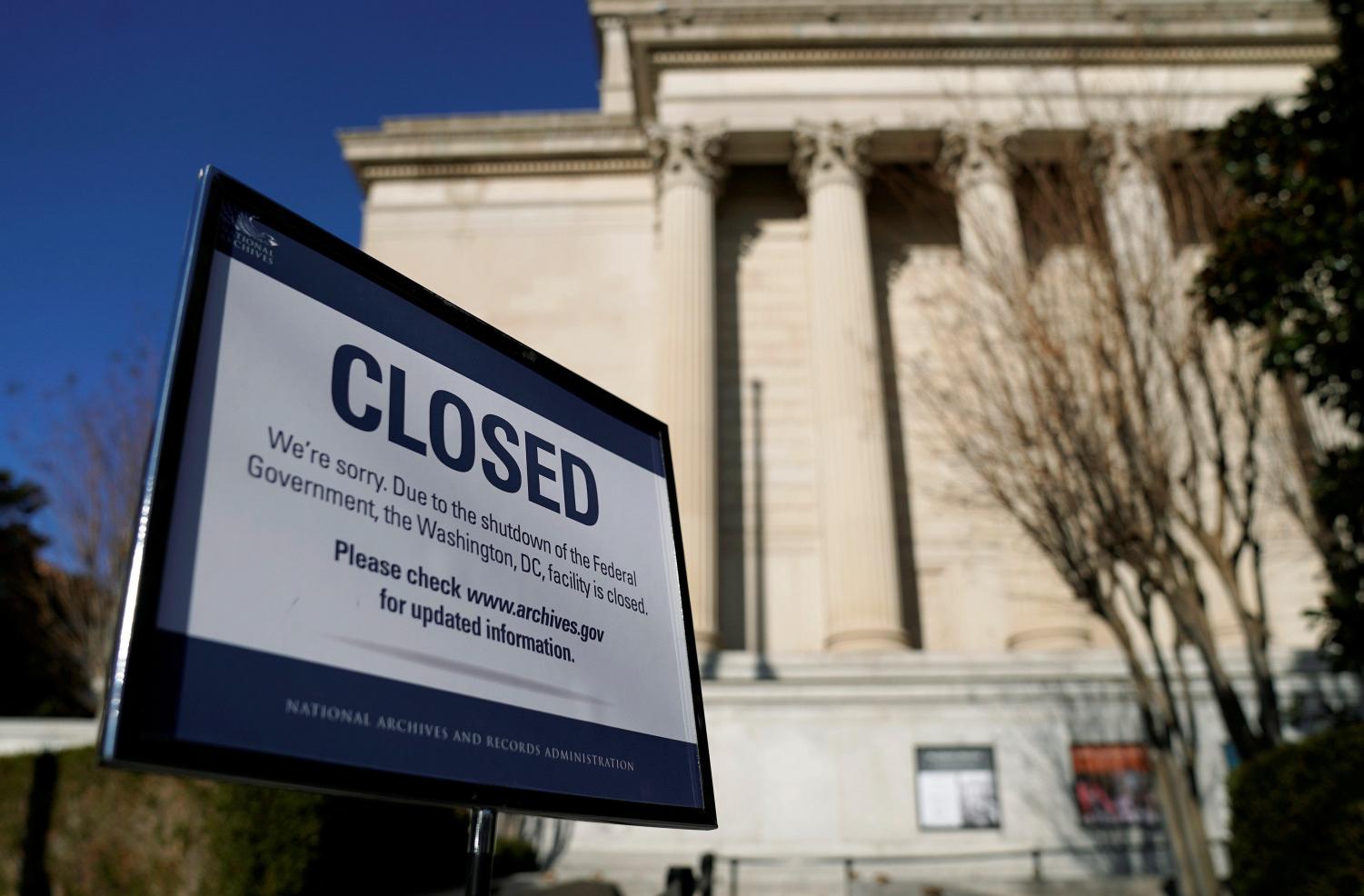Entering into its fourth week, the record-setting U.S. government shutdown continues over disputes regarding a portion of the U.S. budget equivalent to a rounding error. At a massive $4.4 trillion dollar budget, the $5.7 billion dollar request to build the southern border wall is no more than 0.0998 percent. To put this into perspective, if we consider the U.S. median income in June 2018 at $62,175, it would be equivalent to halting all non-essential expenditures over a $62 bill.
Among the many arguments against funding the border wall, the most crucial is the claim that the border wall is immoral. However, after closely considering the main reasons one could argue for making such a claim, it follows that the border wall is not immoral.
‘THE BORDER WALL IS IMMORAL.’
In a press conference held last December, soon-to-be Speaker of the House Nancy Pelosi stated that the southern border wall was “immoral, ineffective [and] expensive.” The accusation that the border wall is immoral was again made in her joint response with Senate Minority Leader Chuck Schumer to President Donald Trump’s address to the Nation on border security. She claimed, “We all agree we need to secure our borders while honoring our values.”
However, the philosophical question, made by a politician or otherwise, must be addressed: What makes the border wall immoral? And it is in response to this question one cannot help but notice how deeply Pelosi’s position lacks logical support.
Without any public response or concerted defense from Pelosi for why the border wall is immoral, one is left to imagine why it could be immoral: is it immoral to allocate less than one percent of the government’s budget to build the wall when that funding could be spent in other ways, or it is immoral for a nation to prevent illegal border crossings?
TWO CONSIDERATIONS
The first consideration, that it is immoral to provide $5.7 billion to build the wall when that funding could be spent in other ways, is grounded in a version of an economic fallacy. In the book “Economics in One Lesson,” the well-known journalist Henry Hazlitt explains that one of the greatest fallacies in economic reasoning is the fallacy of overlooking secondary consequences.
The fallacy is simple to understand. Using Hazlitt’s example, imagine a baker who has just witnessed a brick come crashing through his store’s front window. An economist who has failed to examine secondary consequences, may say something like, “Is it really all that bad? The baker has the opportunity to employ a window repairman. And the window repairman, who was just employed, now has additional income to make purchases of his own—so on and so forth.” What this economist has failed to take into account is the secondary consequences of the baker, who was planning to purchase a suit later that night. With his window broken, the baker can only replace his window, instead of purchasing the additional suit. The secondary consequences are this: the repairman has gained business at the expense of the baker and the tailor.
In the same way, the question of border funding has a series of secondary consequences that are not taken into consideration. For example, the cost of illegal immigration for the United States, according to a 2013 study by the Heritage Foundation, is $54 billion per year, and, according to a 2017 report by the Center for Immigration Studies, if the wall could stop between nine and 12 percent of the border crossing over the next decade, it would save the United States $12-$15 billion.
In a decade, the wall could produce at least 200 percent savings over the cost of the wall, which could be applied to other programs. There is an initial cost, but the secondary consequence is overall savings.
The second consideration, that it is immoral for a nation to prevent illegal border crossings, conflates two separate issues into a single problem. The conflation is between “helping the poor and needy” and “preventing illegal border crossings.” As Christians, we are sensitive—and rightly so because of Christ’s example—to helping those who are most in need. However, Christians are not only sensitive to helping the poor and needy, but also to protecting the innocent. We should seek to achieve both and not prioritize one over the other.
The border wall is a national security project aimed at protecting the innocent. A case could be made that the United States’ immigration process is unnecessarily bogged down, complicated or ineffective, causing us to neglect the poor and needy, but that is a separate argument that should be addressed on its own terms.
THE UNDERLYING MORAL PROBLEM
Given that the wall itself fails to be immoral in any reasonably imaginable case, and that the cost of the wall is an initially miniscule investment that would pay for itself, the Democrats should set aside their disdain for President Trump and support national security.








